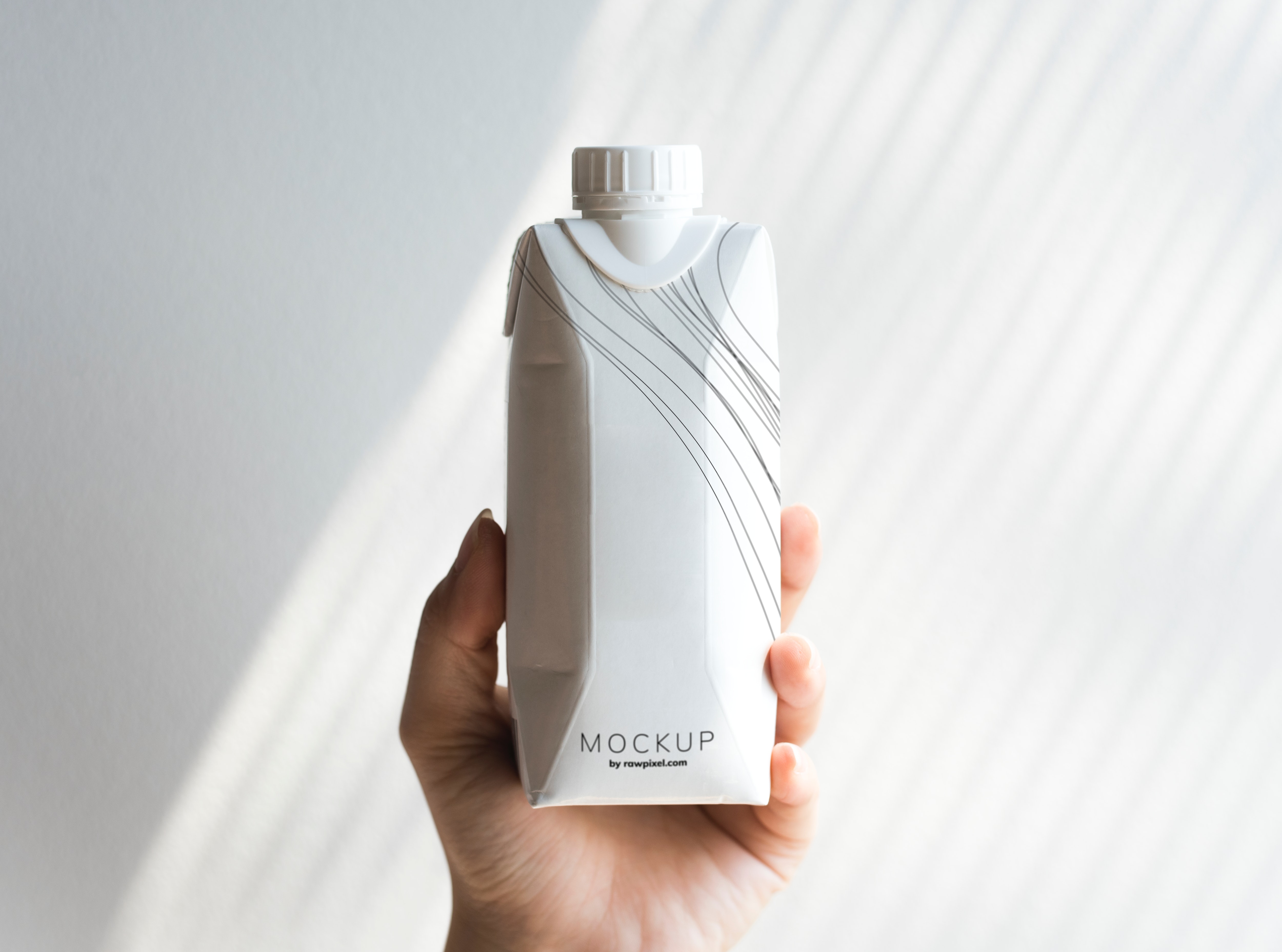Small business owners tend to spend a whole lot of time focusing on setting their business up. They focus on product design and product development, determining what they want to sell to the consumer market and whether there is any demand for it out there. They will spend hours mulling over market research results and implementing results into their ideas process. This, of course, is extremely important. You need to know there’s a market for what you intend to offer out there. But at some point or another, you’re going to have to take bold steps and get started with some sort of production process. Your production process is essentially the process that takes ideas and concepts and turns them into a reality, ready to be sold to the consumer market. It’s all good and well having a great idea, but it’s the money that’s exchanged for the fruits of these ideas that really matter when it comes down to it. After all, profit is what keeps a business ticking over and chances are that this is the main reason you decided to set up a small business in the first place – to be able to provide yourself and your loved ones with a good quality of life. So, to see you take one step further towards sales and success, here are a few aspects of the production process that you should be dedicating your time, attention, and financial investment to.
A Test Batch
Before you get started with your main production process, you should have a few prototypes or a “test batch” manufactured. These are essentially test run pieces. Having them produced can help to ensure that the final product is absolutely everything that you want and that it ticks all of your boxes. You need to be absolutely sure that all of your requirements have been met before taking any further steps forward. After all, you don’t want to end up with masses of products that turn out to be faulty or that need to be changed before they are suitable for sale.
Product Testing
Once the test batch is ready, conduct product testing to ensure that everything is in order. This is important for any company. But it’s particularly important for companies producing goods that could potentially be dangerous. Conducting thorough testing can help to protect consumers and can also prevent court cases from cropping up in the future. It is a good idea to conduct product testing in-house, but to also outsource this process to an outside agency in order to prevent any bias. Using an outside source means your product will be viewed and tried out by a neutral source who is unrelated to your company.
Packaging
Make sure that you know what packaging your product needs and that this is ready and waiting before you take any further steps. This will ensure that you aren’t left with a bunch of products and no means of storing and transporting them. You could end up wasting a whole lot of money if you fail to have packaging ready and waiting! Take a look at C.L. Smith for a wide range of packaging to suit all of your professional needs.
Determine What Type of Ongoing Production Process Is Best for Your Company
Once you are sure that your products are ready to go and that you have the right packaging to take them from manufacturer to supplier or consumer, it’s time to get your ongoing production process into action. Now, there are three main types of production process and it’s best to determine which is best for your company in the long run before going any further.
Job Production
Your first option is “job production”. This is a form of production that creates one product at a time to demand. This is relatively simple if you are engaging with in-house manufacturing, as you can request items or create items as orders come in and you can ensure that they are produced and ready to dispatch quickly. But this approach can be a little more difficult if you’re outsourcing your manufacturing. Most manufacturers require you to place an order for a minimum number of products and cannot create items on a one-off basis for the sake of their own profit margins. Either this, or they will create a one-off product, but it will be at a significantly higher cost to you.
Batch Production
If you are selling products that can be produced and then stored away until purchases, batch production may be a better option for you. This is when a batch of multiple products is produced, but then another different batch of products can be produced after. This is good if you have a range of goods that you wish to put out into the market or if you are outsourcing and want to cut costs by ordering multiple items to be produced at once.
Flow Production
If things are really taking off and there’s huge demand for your products, you should consider “flow production”. While job production is a one-off creation and bath production is intermittent manufacturing, flow production provides you with a more constant flow of the same products. It means that as products are selling, more are being made available, allowing you to better meet high customer demand. This is perhaps the type of production that best minimises costs, minimises waste, and allows more quality control.
As you can see, there’s a whole lot to consider when it comes to coming up with an efficient production process for your small business. So, make sure you don’t skip over it. Dedicate a fair amount of time and thought into this integral part of your company’s progression. When it comes down to it, production really can make or break a company and you don’t want to mess up on it. It will determine the quality of your products, whether your products are available for consumers to buy, and ultimately, whether your business makes sufficient profit to continue operating!





